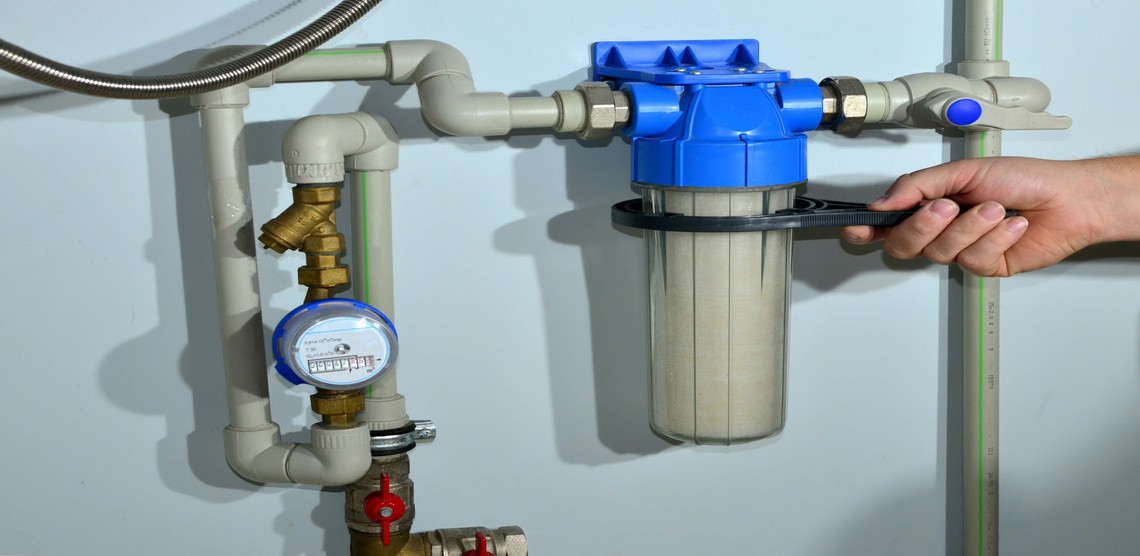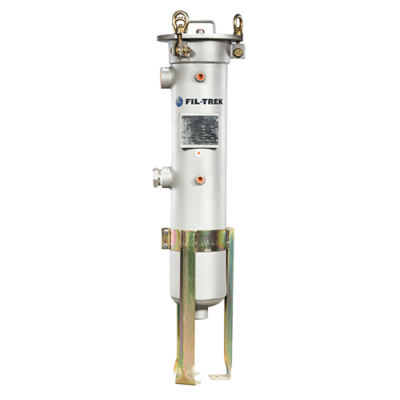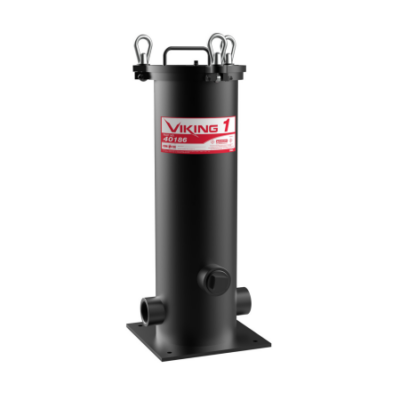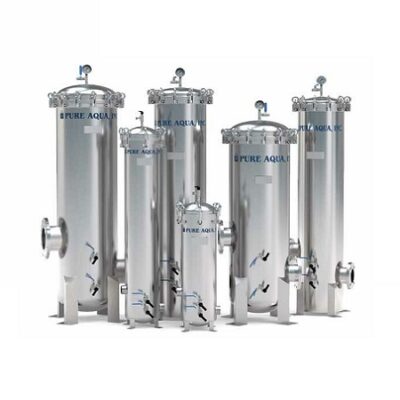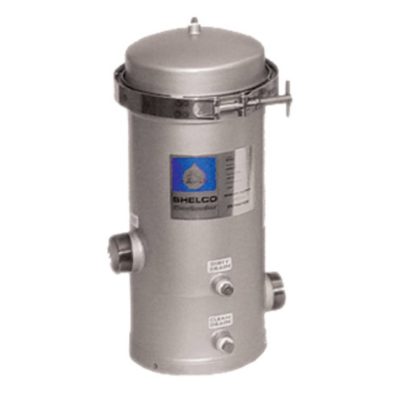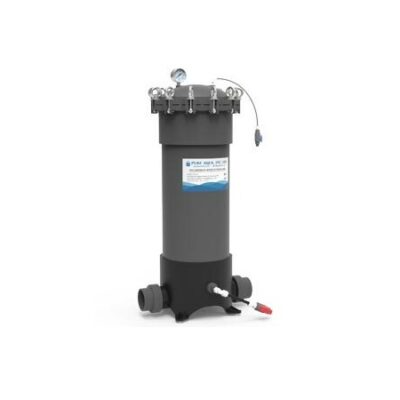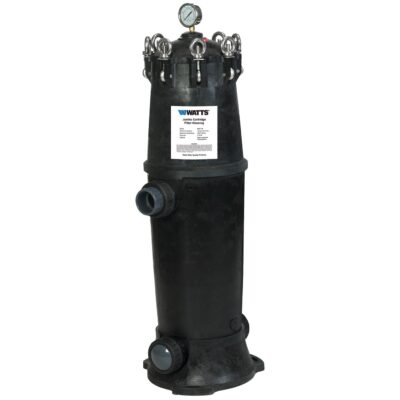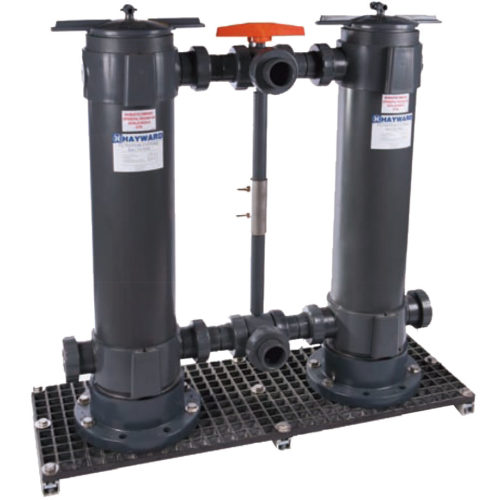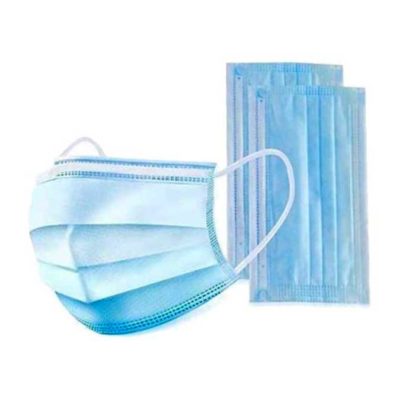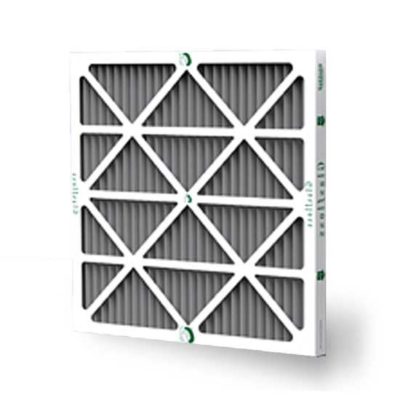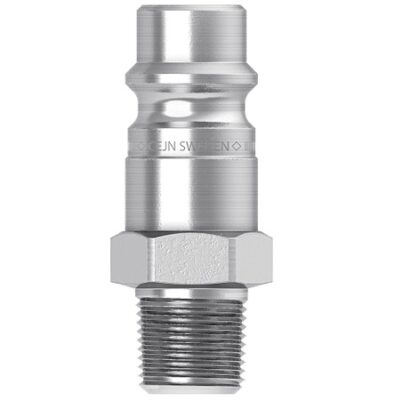A filter housing is the casing around a filter cartridge or bag. High-quality filter housings are essential for maximizing the performance of a filtration system. They come in various styles and sizes and are used in a wide range of industries. There are several different types of materials that can be used to construct filter housings. The best material for your filter housing depends on the needs of your specific filtration process and application. We will introduce you to the materials they are typically composed of and show the benefits of each to help you make the best decision.
1. Carbon Steel
Carbon Steel is comprised of a mix of carbon and iron alloys. It also contains copper, manganese, and silicon. There are a few different types this comes in depending on the level of carbon present.
Carbon Steel levels Include:
- Low-Carbon Steel
- Medium-Carbon Steel
- High-Carbon Steel
Low-Carbon Steel
Low-carbon steel, also referred to as mild-carbon steel, contains carbon levels between .05-0.25%. This material is a good choice for filter housings in less demanding applications. Some of the benefits of using low-carbon steel for your filter housing are its low cost to construct and low tensile strength.
Medium-Carbon Steel
For medium-carbon steel, carbon levels range between 0.25% and 0.6%. Manganese levels range from 0.6% and 1.65%. Medium strength carbon steel is harder than lower strength carbon steel.
High-Carbon Steel
The levels of carbon in high-carbon steel range from 0.6% to 1.25% and manganese from 0.3% and 0.9%. This material is hard and durable. With this material, you can increase its hardness by adding alloy elements such as chromium, vanadium, molybdenum, or tungsten. This selection can perform in high-pressure applications; however, it is susceptible to rust and corrosion.
2. Stainless Steel
There are several different classes of stainless steel, the kind most commonly used for filter housings is called austenitic stainless steel. This class of stainless steel performs in industrial, pharmaceutical, chemical, pulp and paper, and petrochemical applications. These industries rely on austenitic stainless steel because of its corrosion resistance. The composition that makes up stainless steel contains at least 10.5% chromium and a maximum of 1.2% carbon. Increasing the level of chromium also increases the resistance of this material to corrosion. Depending on the levels of alloys you add, stainless steel comes in different grades. Grade 300 stainless steel offers the best corrosion resistance, durability, and is non-magnetic. Making this one of the best materials to choose for your filter housing.
304 Stainless Steel
This is the most common grade of stainless steel. It is sometimes referred to as 18/8 since this composition typically contains 18% chromium and 8% nickel. The nickel improves the ductility of the steel, while the high chromium content makes it resistant to most forms of corrosion. Some of the benefits of selecting 304 stainless steel over 316 stainless steel are it is cheaper and more formable.
316 Stainless Steel
316 stainless steel is composed of 16-18% chromium, 10-14% nickel, and 2-3% molybdenum. This mixture gives 316 increased corrosion resistance against chlorides and chlorinated solutions. This increased resistance makes it suitable for marine, chemical, pharmaceutical, or other applications handling salt or other potent corrosives. It is also a good choice for filter housings that will be in the constant presence of water. However, it is stronger and more expensive than 304 stainless steel.
3. Plastic
You can construct plastic filter housings using a variety of materials. These are suitable for use in highly corrosive environments with low pressure and flow rate requirements. These are typically your cheapest option and can perform at relatively high temperatures. Since this type of material will not dent, rust, or corrode, they are a great option for pre-filtration for reverse osmosis systems, pre-filtration for ion exchange and UV units, seawater filtration, and more. However, they are typically not as strong or durable as their steel counterparts.
Speak with an Expert
Our heavy-duty filter housings are available in various sizes, materials, and custom features, making them the ideal choice for a variety of applications. Not sure which filter housing or material is right for you? Contact us here, or call us at (877) 602-0010 to speak with an expert.

